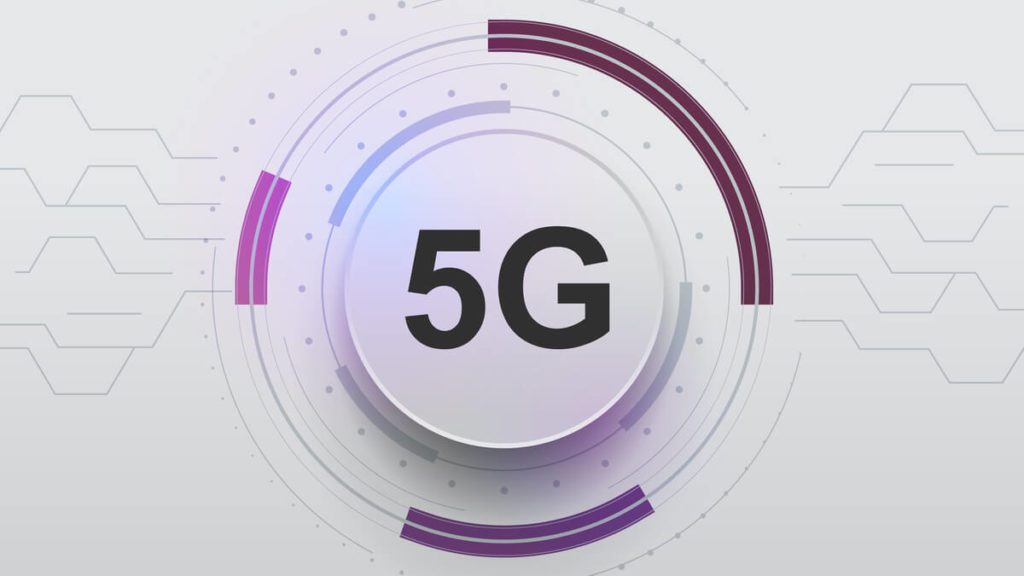Europe to accelerate 5G with practical planning proposal

The most unwieldy aspects of deploying network infrastructure is jumping through the bureaucratic hoops of local Government planning.
Europe proposes no planning permission obligations for 5G small cells. The EC has created new market definitions for small cell equipment, also recommending that the installation of these antenna should be exempt from planning permission requirements. Therefore, the new EC rules to qualify for the exemption from permission requirements include, appearance of 5G small cells to avoid clutter and specifications for a comprehensible and incorporated installation. The equipment must produce less electromagnetic emission than WiFi installation.
The rules also include the physical and technical characteristics, such as maximum size, weight, and, where appropriate, emission power.
What is not entirely clear is whether these rules will be carried through to markets that no longer fall under the EC. Some nations outside the EU do follow the regulatory lead of the bloc, while the UK has said it will attempt to align its regulatory landscape with Europe following Brexit.
While small cells have presented a solution to the growing demand on mobile data at an exponential rate for three decades, according to IDC, “there is expected to be a continued growth of about 30% per year as 5G becomes more ubiquitous.”
This announcement should be regarded as a win for the telecoms industry, as one of the most challenging aspects of deploying network infrastructure is avoiding the bureaucratic norms in local government planning permission departments.
In addition, industry trade group CTIA reports “An estimated 800,000 small cells will be deployed in the U.S. by 2026,” where similar easing restrictions were demanded.
“Together with Member States, we must pave the way for the timely rollout of 5G, without restrictive administrative barriers, which will in turn create significant demand from our industry and will amplify European innovations and competitiveness,” said Commissioner for the Internal Market, Thierry Breton.
He also called 5G networks “a pillar of socio-economic development” and said that they will be critical to COVID-19 recovery efforts.
The most important factor in this process is the speed at which 5G is delivered to network users. The parties or nations who deploy the fastest network will have better opportunities to leverage the new-found wealth and potential of the digital economy.
